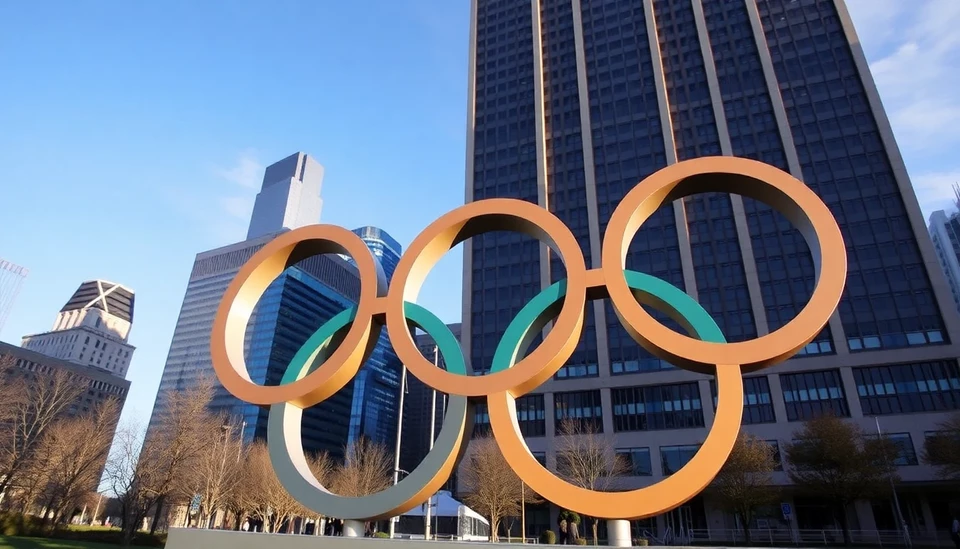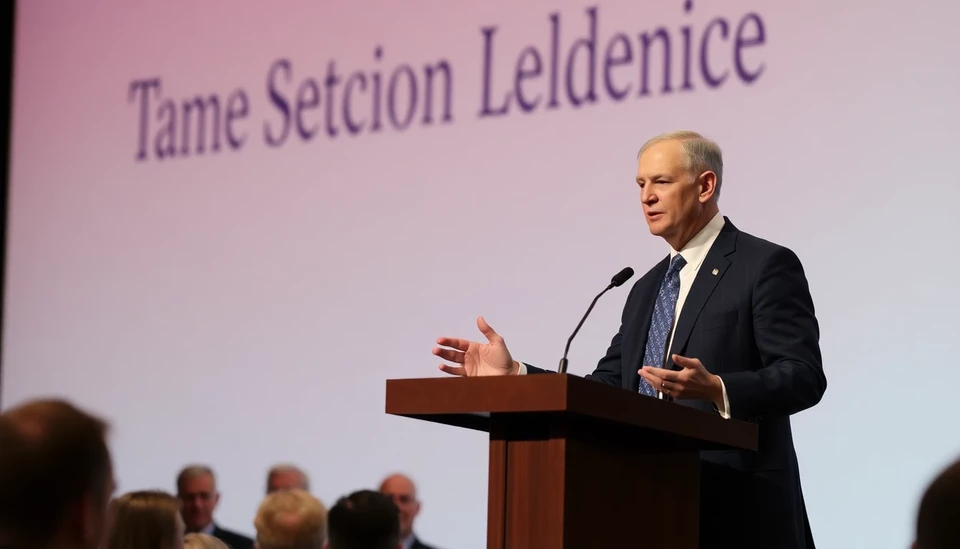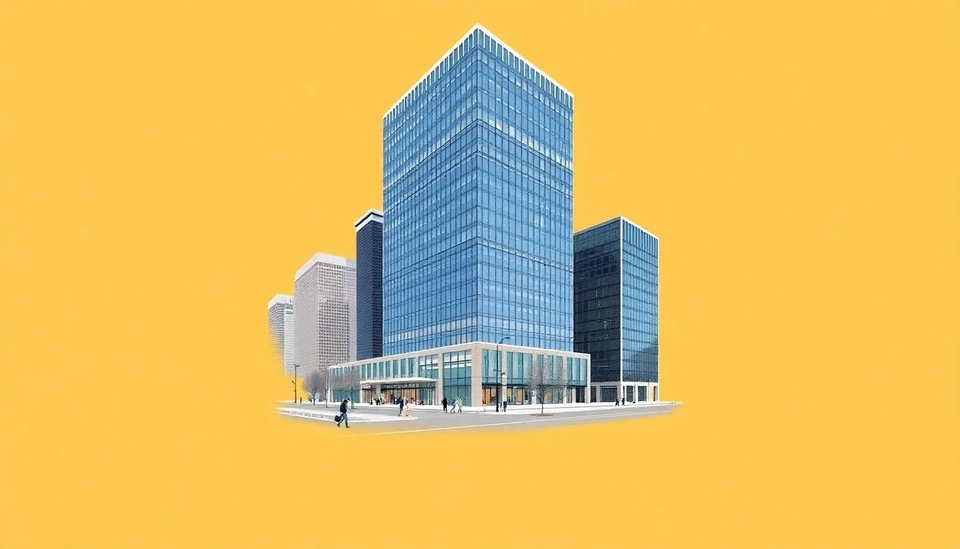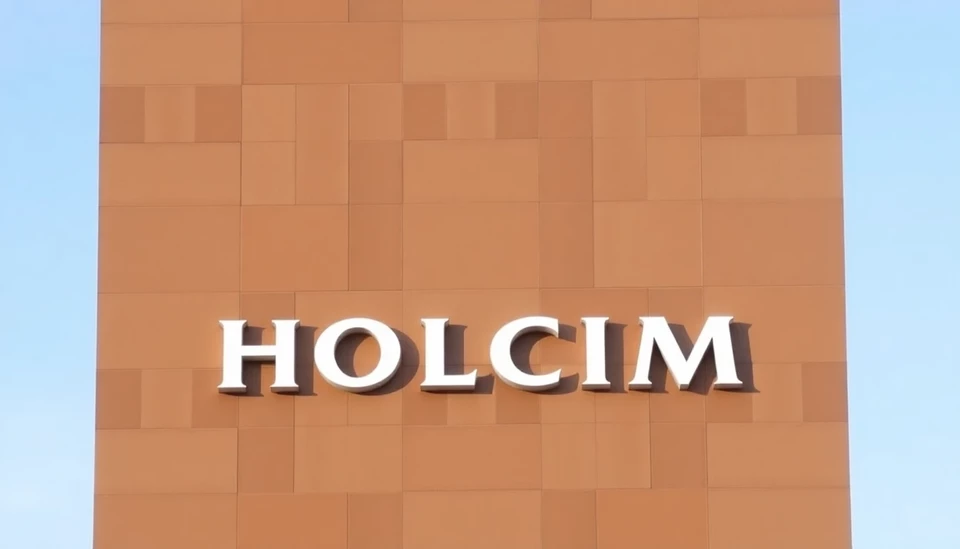
In a significant turn of events, the city of Chicago has decided to forgo an impending property tax hike. This decision comes as the local government shifts its fiscal strategy following the announcement that the repayment on loans tied to the city’s Olympic bid is to be extended. The move aims to alleviate the financial burden on residents while providing a more feasible long-term fiscal plan for the city.
The original push for a property tax increase was geared towards funding essential services and addressing budget shortfalls. However, community feedback and economic factors have prompted officials to reassess the necessity of this tax hike. City leaders expressed their commitment to protecting taxpayers, particularly amid rising costs and economic uncertainties faced by many households.
Mayor Brandon Johnson has been vocal about the need for responsible budgeting, urging the city council to consider alternative means to navigate the budget constraints without further burdening residents. The extension of the Olympic loan repayment provides an opportunity for the city to reallocate finances and prioritizes immediate community needs while still planning for future commitments.
This reprieve from a tax increase has been met with mixed reactions from the public. While many residents celebrate the decision as a victory for taxpayer rights, some critics point out that continued fiscal challenges lie ahead. Without a robust plan to generate revenue, concerns linger about the sustainability of essential services and infrastructure investments.
Additionally, the city is tasked with managing the ongoing costs associated with its previous Olympic bid. Although the games never materialized, the financial obligations stemming from preparations and promotional efforts continue to affect the city’s economic landscape. City officials are diligently working to navigate these financial waters without imposing additional strain on the community.
Looking forward, Chicago’s financial strategy will likely include a multifaceted approach to revenue generation. This may involve exploring new business opportunities, enhancing tourism revenues, and investing in community projects that could stimulate local economic growth. The focus remains on balancing the city’s budget without compromising the quality of life for its residents.
As the situation develops, Chicagoans are urged to stay informed about city budget discussions and proposals. The city council continues to hold meetings to discuss the implications of the latest fiscal decisions, providing an avenue for community feedback and involvement in the budgeting process.
In conclusion, the decision to cancel the property tax hike amid the extension of the Olympic loan payment marks a strategic pivot for Chicago’s leadership, reflecting a responsive and adaptive governance approach aimed at supporting its residents while grappling with complex financial challenges.
#Chicago #PropertyTax #OlympicLoan #Finance #Community #LocalGovernment
Author: Laura Mitchell




